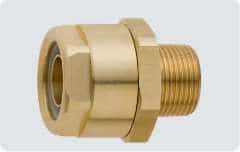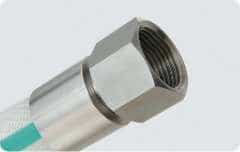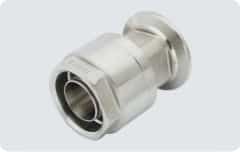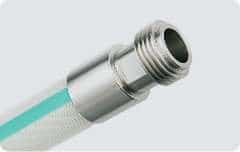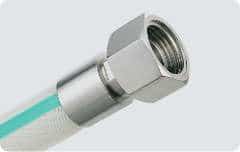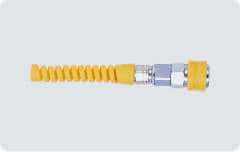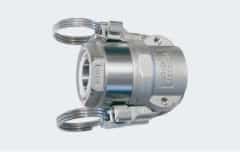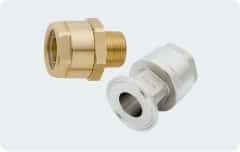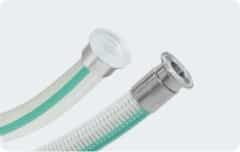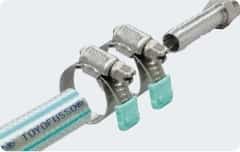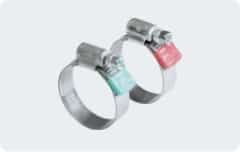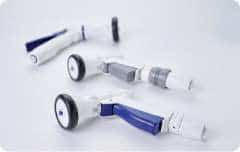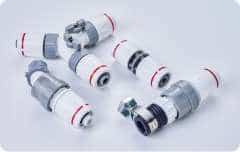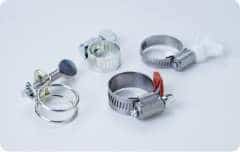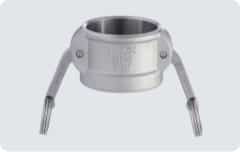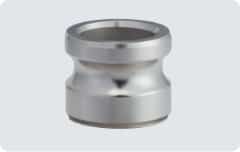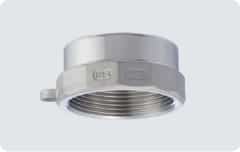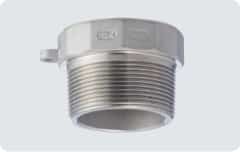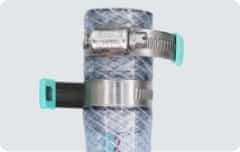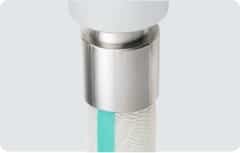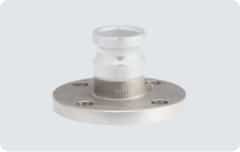FAQ
FAQ


FAQ
Search criteria
Product type
hose
Search results
44matches
- Q Is it possible to purchase hoses in shorter lengths than listed, and if so, is there a minimum length? Also, how does the pricing work for that? Service
-
A.
Many of our dealers will cut hoses to the desired length. Please consult with your local dealer for available sizes and pricing.
- Q Is it possible to buy hoses in longer lengths than listed? Specification
-
A.
Yes, depending on lead times and quantities, we do our best to provide custom lengths. Please note that prices may differ. Consult with your local dealer for details.
- Q While the weather was hot, a previously transparent hose turned cloudy white. Is it no longer usable? Function and performance
-
A.
Assuming the cause is devitrification (water absorption), it can be used without any problems. Such clouding is likely to occur to oil-resistant PVC hoses during the hot and humid months.
- Q Can natural gas, liquefied petroleum (propane) gas and other flammable gases be run through Toyox soft PVC hoses? Fluid
-
A.
Toyox hoses should not be used for flammable gases. Doing so may result in fires and extensive burning.
- Q It says that the TOYOSILICONE Hose is heat resistance. Is it fire resistance (flame retardant) as well? Function and performance
-
A.
No. It is neither fire resistance nor flame retardant.
- Q I have a hose with a crimped coupling that I want to replace, but it’s discolored and I can’t see the product name. The coupling is marked “TOYOX 1×B0×××.” Will this help identify the hose? Specification
-
A.
We can identify the hose’s specification based on the marking and promptly provide an answer. The marking serves as a tracking number, and is engraved on the couplings of Toyox crimped hose sets. Please feel free to contact Toyox with any questions you may have.
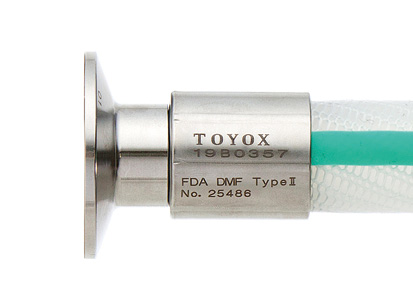
- Q Can sodium hypochlorite be used in the TOYORON Hose? Fluid
-
A.
At room temperature, a concentration of up to 5% can be used. Even so, this will lead to premature aging as compared to water use. We therefore recommend using the ECORON or TOYOFUSSO instead.
- Q Do you sell only the insulation part of the HYBRID TOYODROP Hose (HTD)? Part
-
A.
We are sorry but we do not sell it.
- Q Can sodium hydroxide (caustic soda) be run through the TOYORON Hose? Fluid
-
A.
We do not recommend doing so because that will lead to early degradation of the hose. After about a year of feeding sodium hydroxide, the hose will turn yellow and harden. After that, the hose will degrade further and become stiffer, and the inside of the hose will become brown. We therefore recommend using the ECORON or TOYOFUSSO Hose for more durability.
- Q Does the TOYOCAP comply with the Food Sanitation Act? Part
-
A.
Yes. It is made from polyethylene and is compliant with Japanese Food Sanitation Act Public Notice No. 201.
We provide a wide range of support from selecting ideal products for specific usage conditions to downloading certificates regarding laws and regulations, as well as downloading of materials such as catalogs.
You can download useful materials that address issues such as “leaks and disconnections”, “energy-saving measures”, and “odor and coloration.”
We use videos to introduce the benefits of using products and how to install them, which may be difficult to understand just using text and illustrations.
We have compiled frequently asked questions from customers in the “FAQ” section.
To assist you in making selections, we provide common examples of improvements for hoses and couplings through industry-based case studies.














